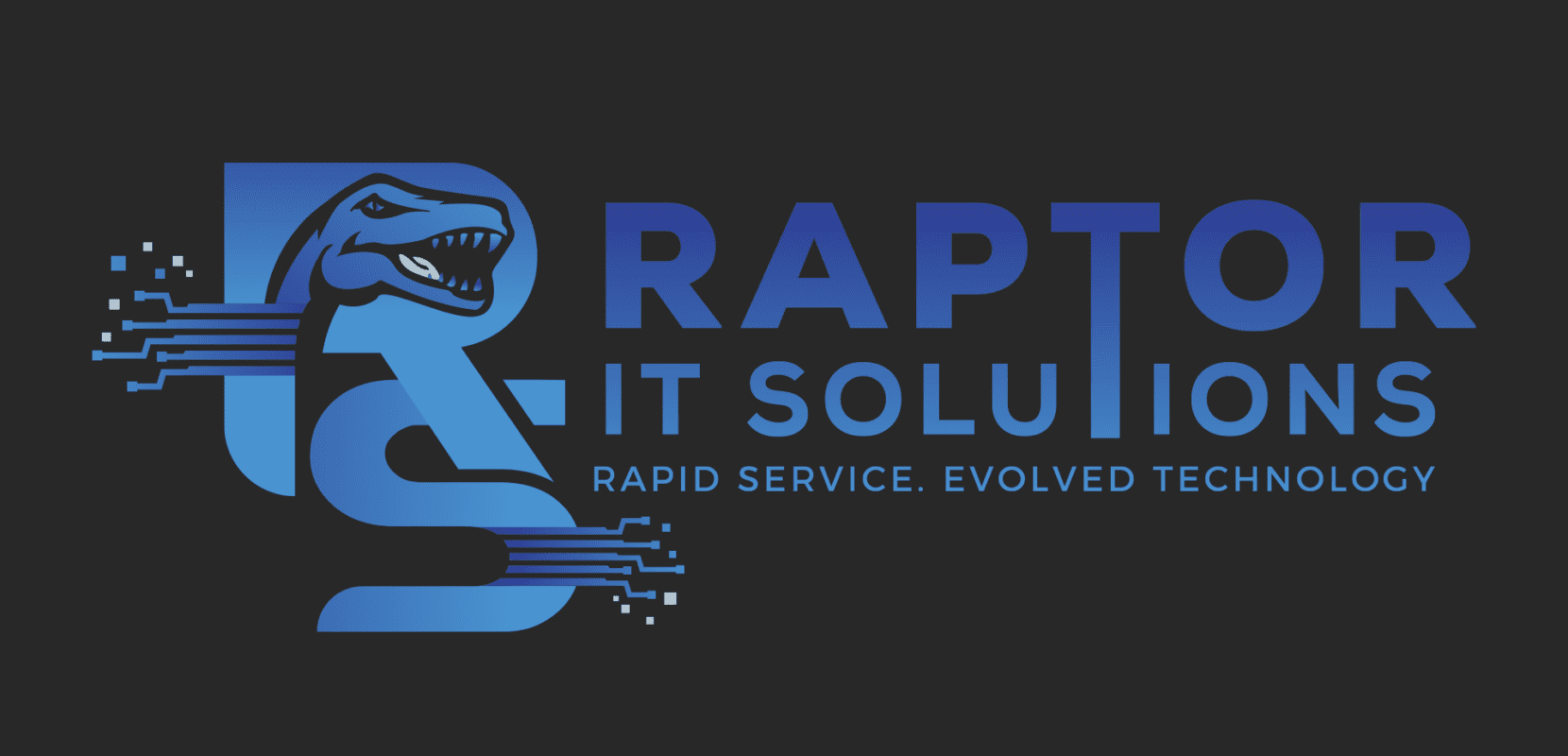In today’s fast-paced digital landscape, businesses of all sizes rely heavily on technology to remain competitive and meet customer demands. However, managing an IT infrastructure efficiently and securely can be a complex and resource-intensive task. This is where a trusted IT Managed Service Provider (MSP) like Raptor IT Solutions can make all the difference. Why You Should Choose Raptor IT Solutions as Your MSP?
The Role of an MSP in Business Success
An IT MSP plays a pivotal role in ensuring the seamless operation of a business’s technology infrastructure. From maintaining network security to providing 24/7 support, MSPs offer a wide range of services that contribute to a business’s success. Here’s why choosing Raptor IT Solutions as your MSP is a strategic decision:
1. Expertise and Experience: Raptor IT Solutions brings a wealth of expertise and experience to the table. Our team comprises certified professionals who are well-versed in the latest technologies and industry best practices. This ensures that your IT environment is managed and optimized by experts.
2. Tailored Solutions: We understand that every business is unique, and cookie-cutter solutions won’t cut it. Raptor IT Solutions takes the time to understand your specific needs and goals. We then tailor IT solutions that align with your business objectives, ensuring maximum efficiency and cost-effectiveness.
3. Proactive Monitoring and Support: One of the key advantages of working with an MSP is proactive monitoring. Raptor IT Solutions keeps a vigilant eye on your IT infrastructure, detecting and addressing issues before they disrupt your operations. This proactive approach minimizes downtime and maximizes productivity.
4. Robust Cybersecurity: Cyber threats are on the rise, and businesses are prime targets. Raptor IT Solutions prioritizes cybersecurity. We implement multi-layered security measures, conduct regular assessments, and provide employee training to safeguard your sensitive data and maintain customer trust.
5. Scalability and Flexibility: As your business grows, so do your IT needs. Raptor IT Solutions offers scalable solutions that can adapt to your evolving requirements. Whether you’re expanding or streamlining operations, we ensure your IT infrastructure supports your business goals.
6. Cost Efficiency: Outsourcing your IT needs to Raptor IT Solutions can lead to cost savings. You won’t need to invest in expensive in-house IT teams or infrastructure. Instead, you pay for the services you need, when you need them.
7. 24/7 Support: Technology issues don’t adhere to a 9-to-5 schedule. That’s why Raptor IT Solutions provides 24/7 support. You can rest easy knowing that expert assistance is just a phone call or email away, even in the middle of the night.
Conclusion: Partnering for Success
Choosing Raptor IT Solutions as your IT Managed Service Provider means partnering with a team dedicated to your success. We’re not just here to keep your IT running; we’re here to help your business thrive in a digital world. With our expertise, tailored solutions, and unwavering commitment to excellence, we’re the partner you can trust to navigate the complexities of modern technology.
Call to Action: Ready to elevate your business with Raptor IT Solutions? Contact us today to choose Raptor IT Solutions as your MSP, and let’s embark on a journey to IT excellence together.

